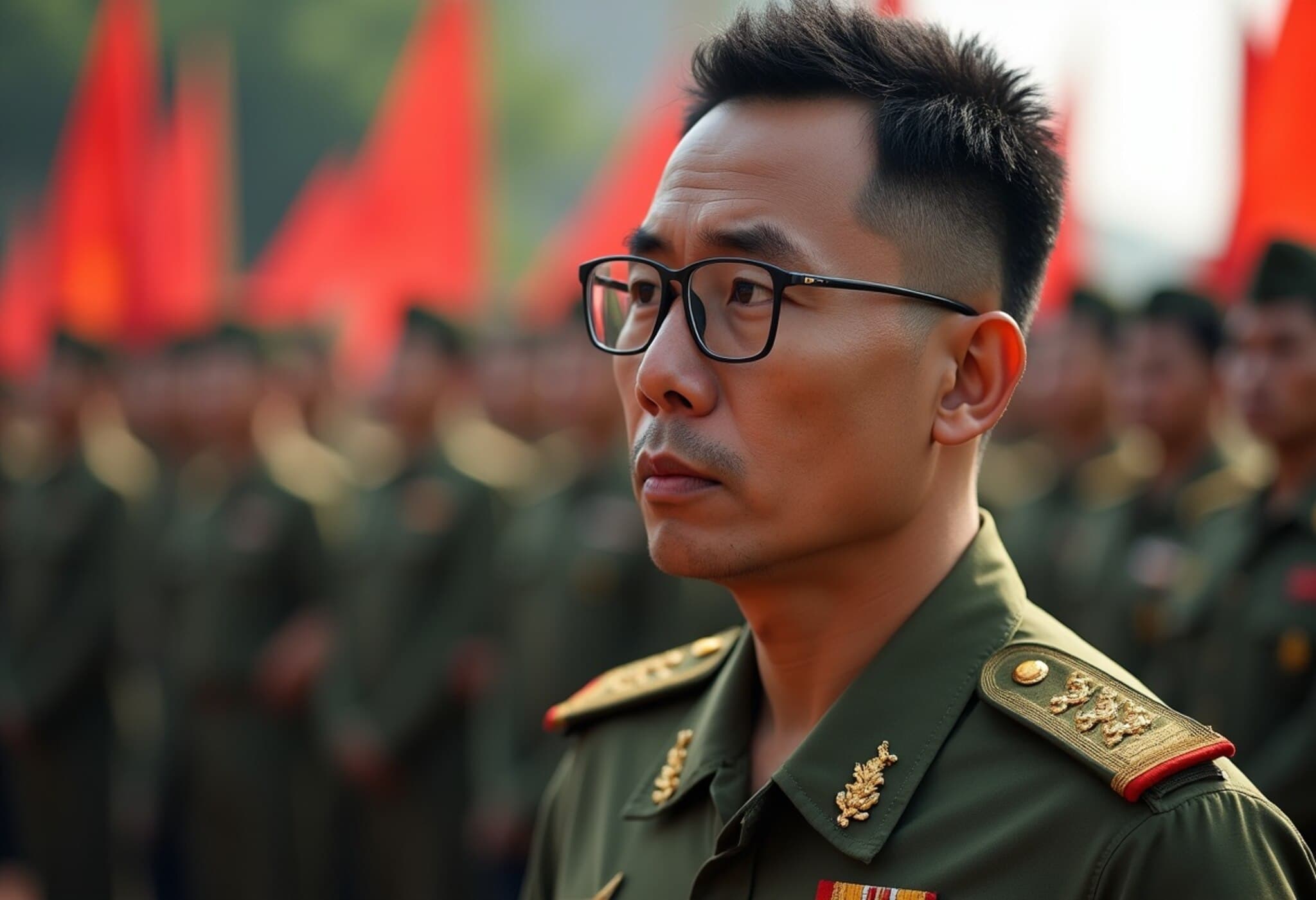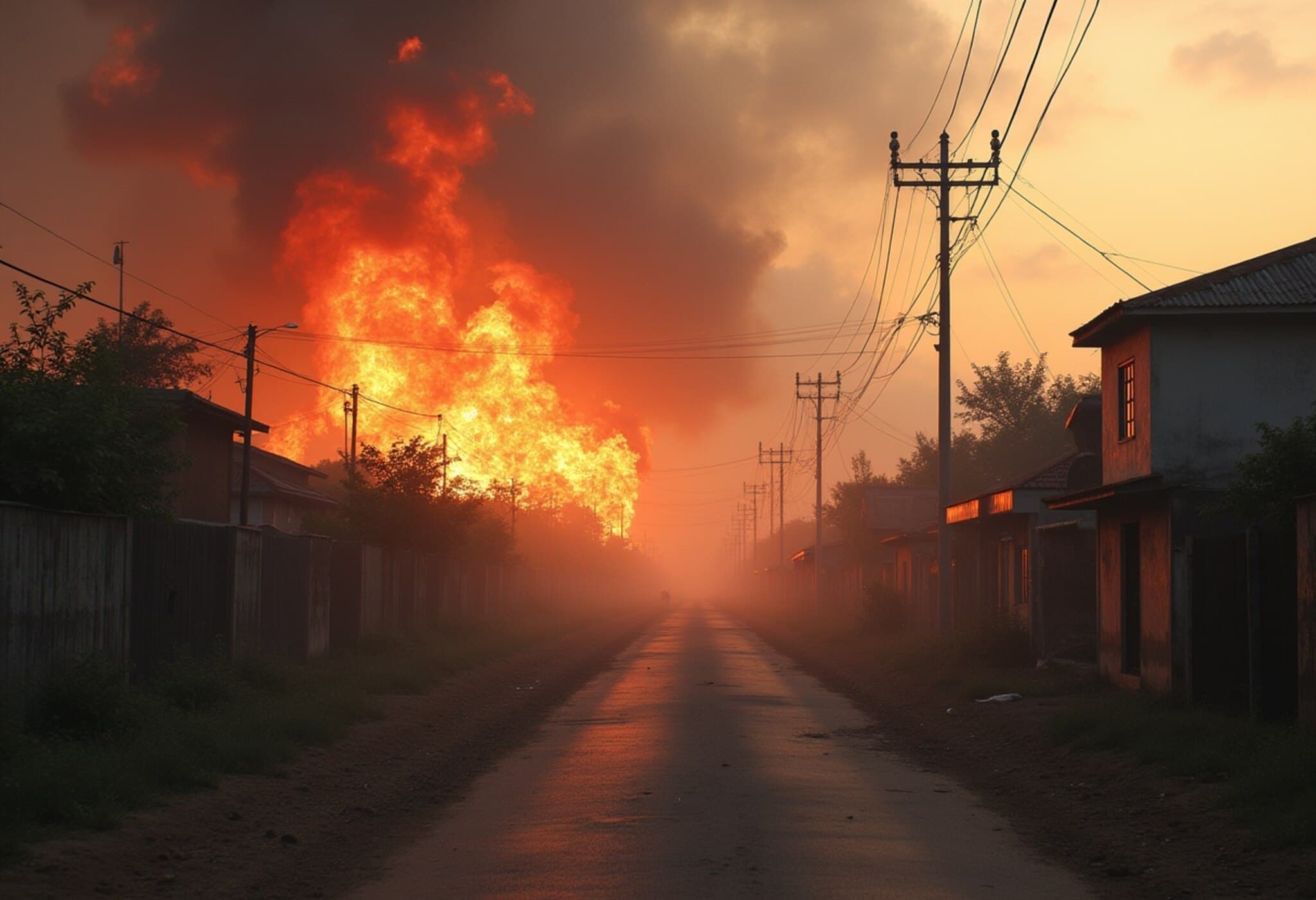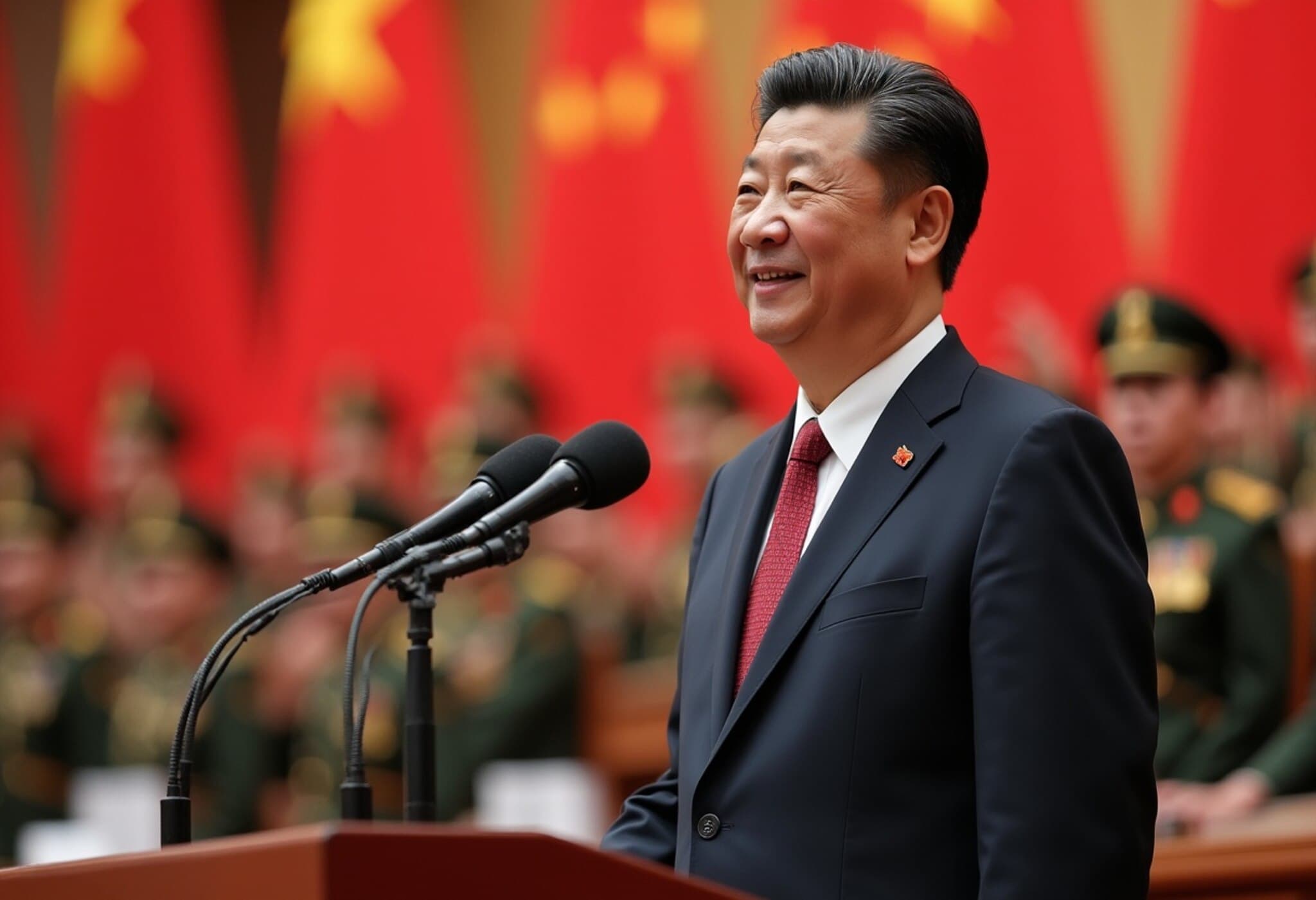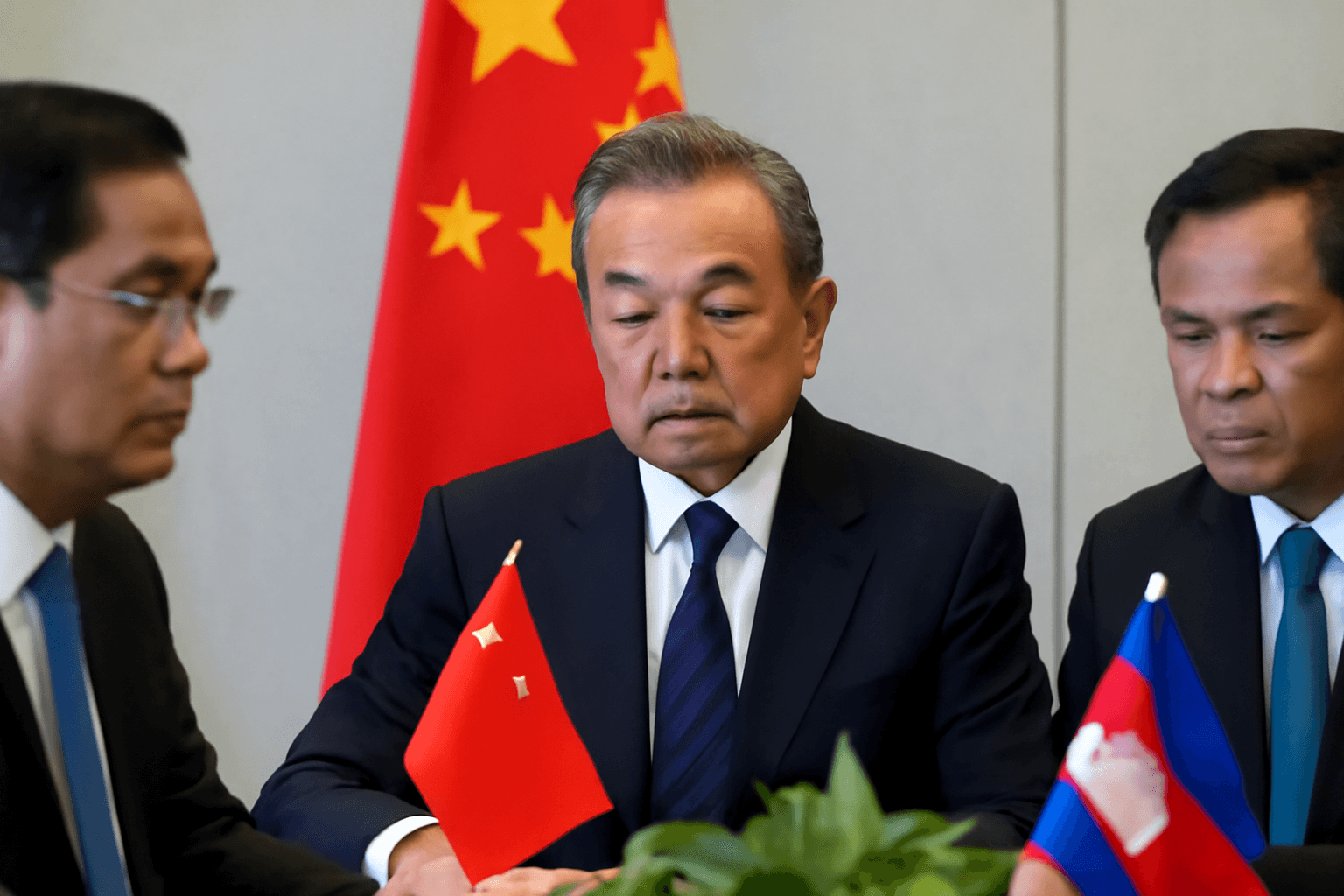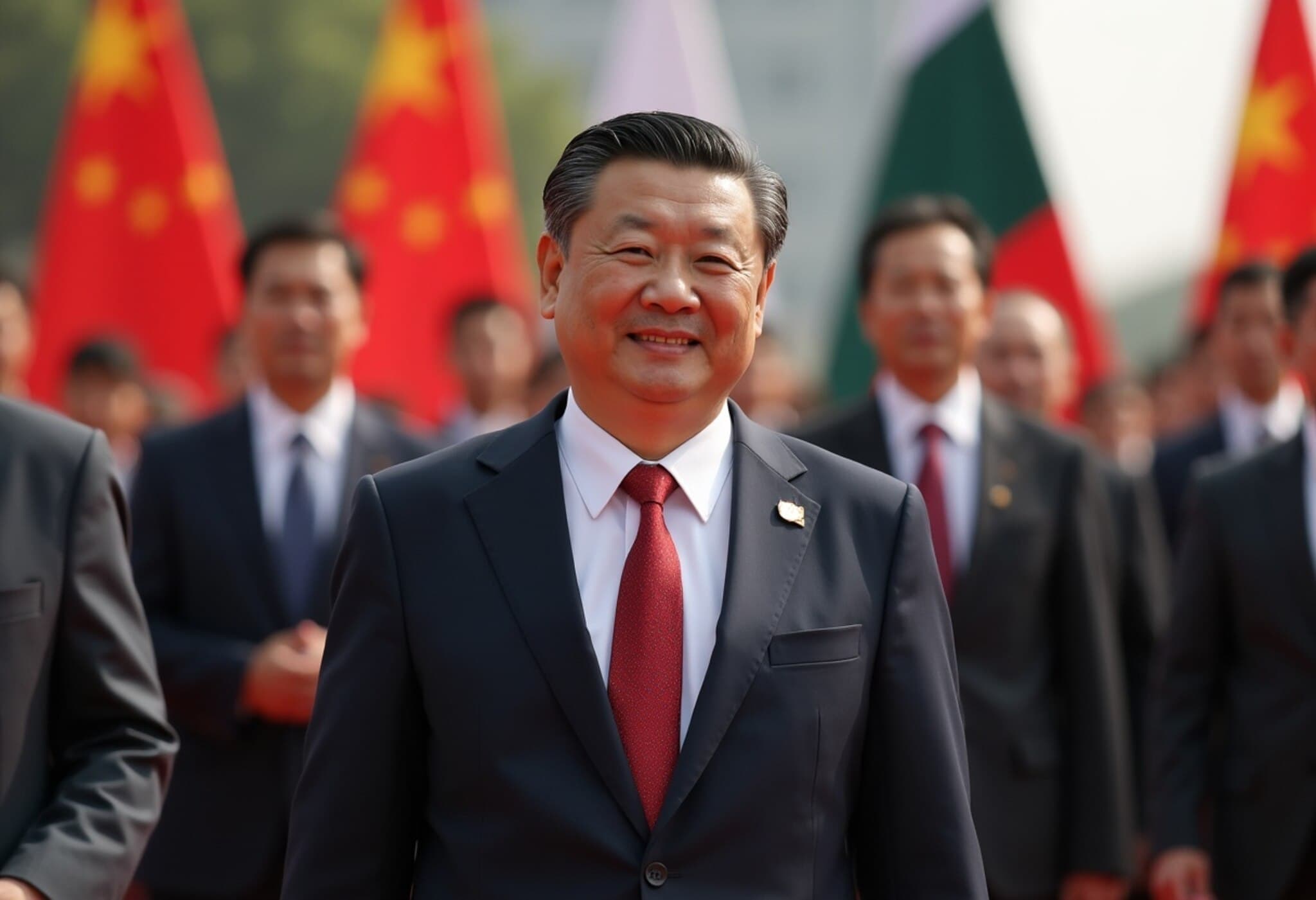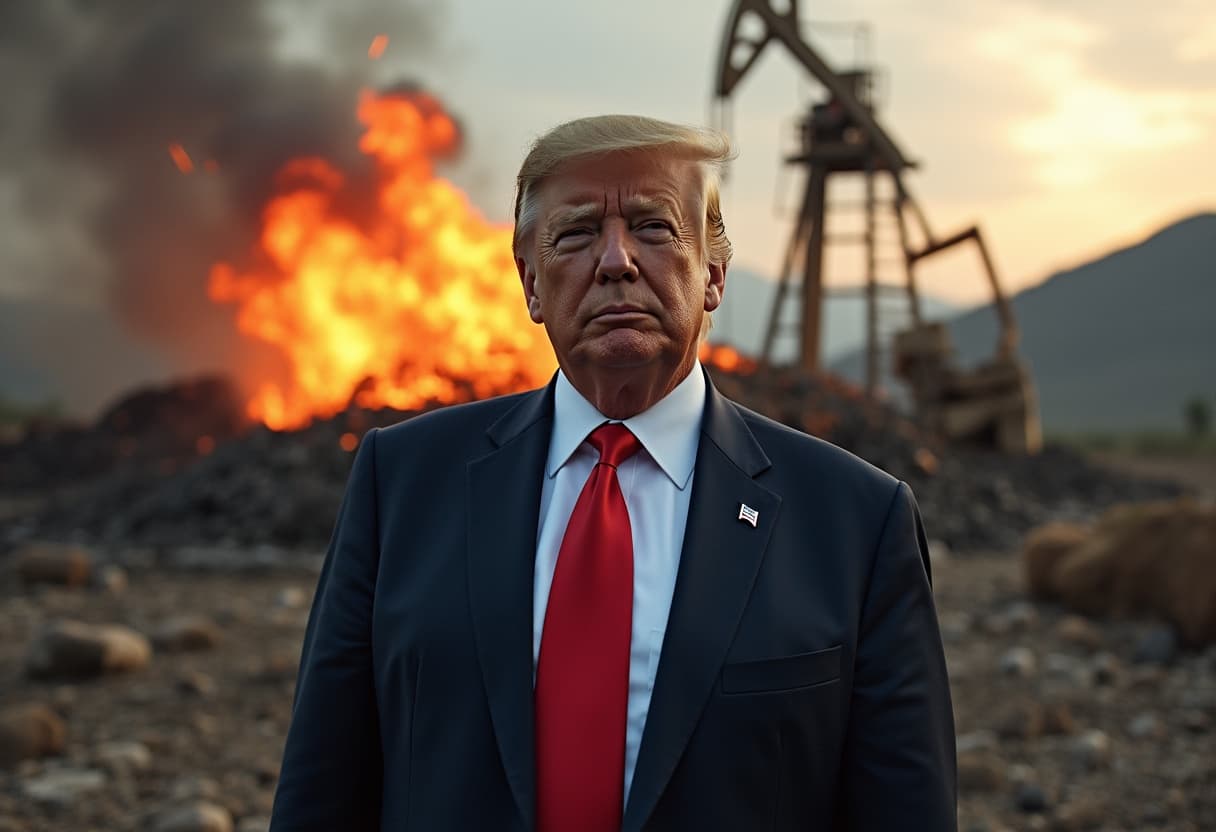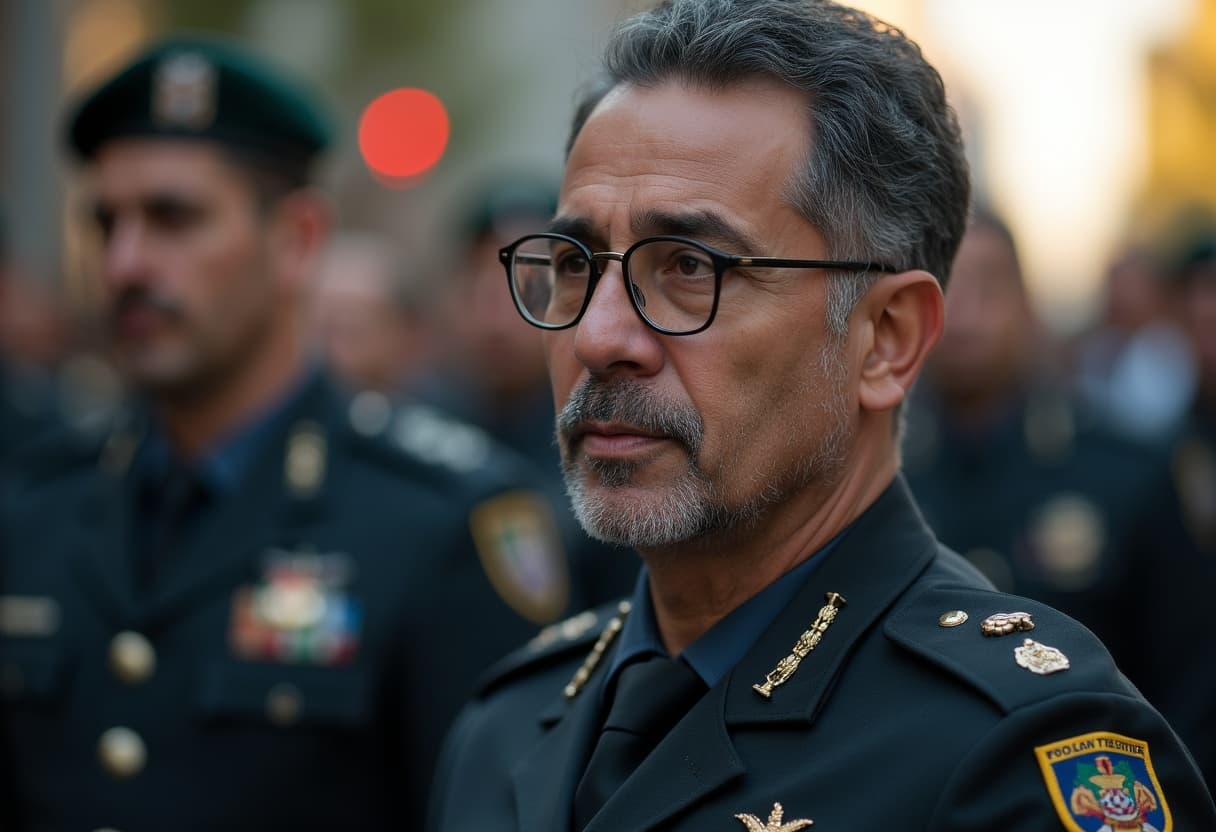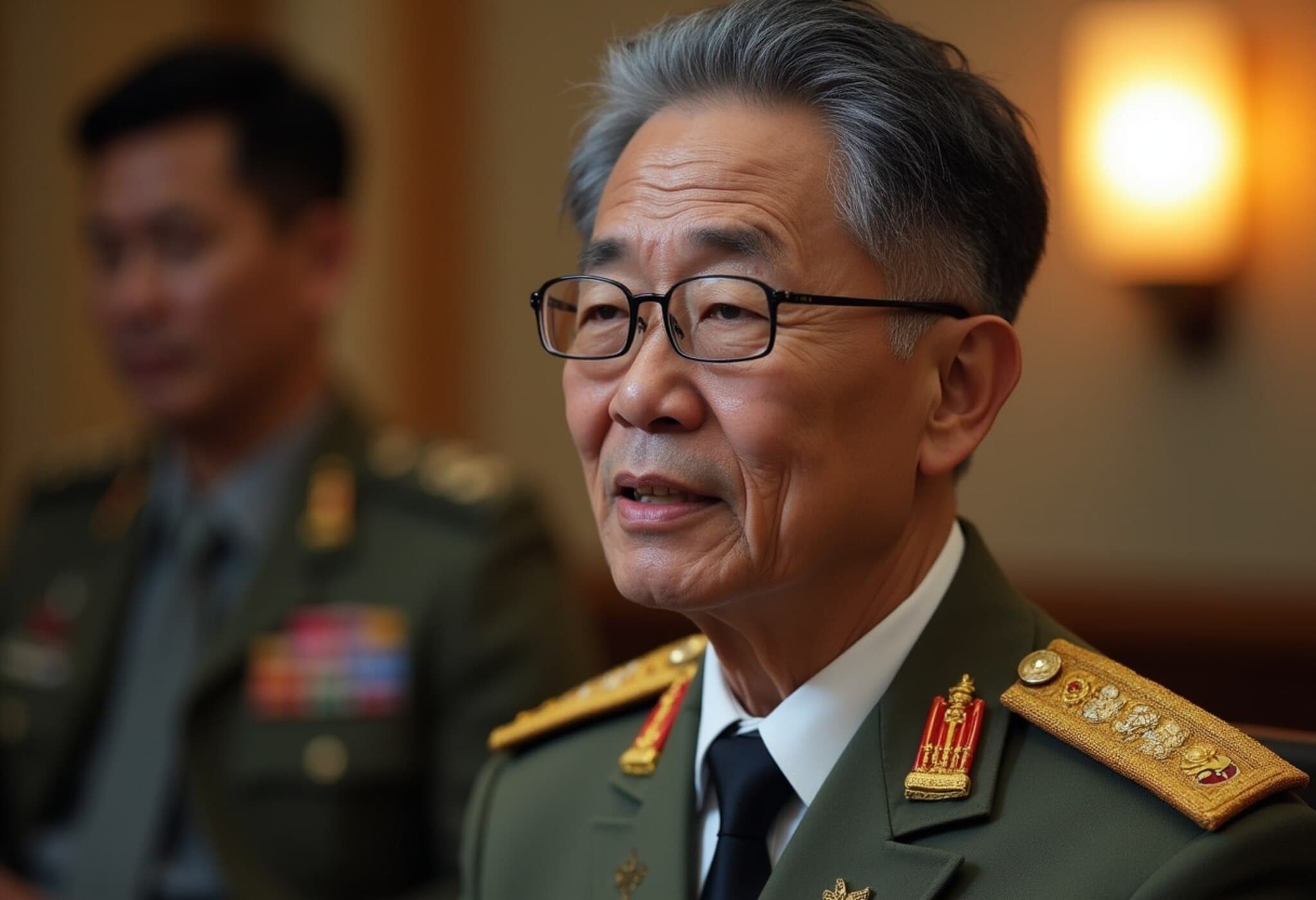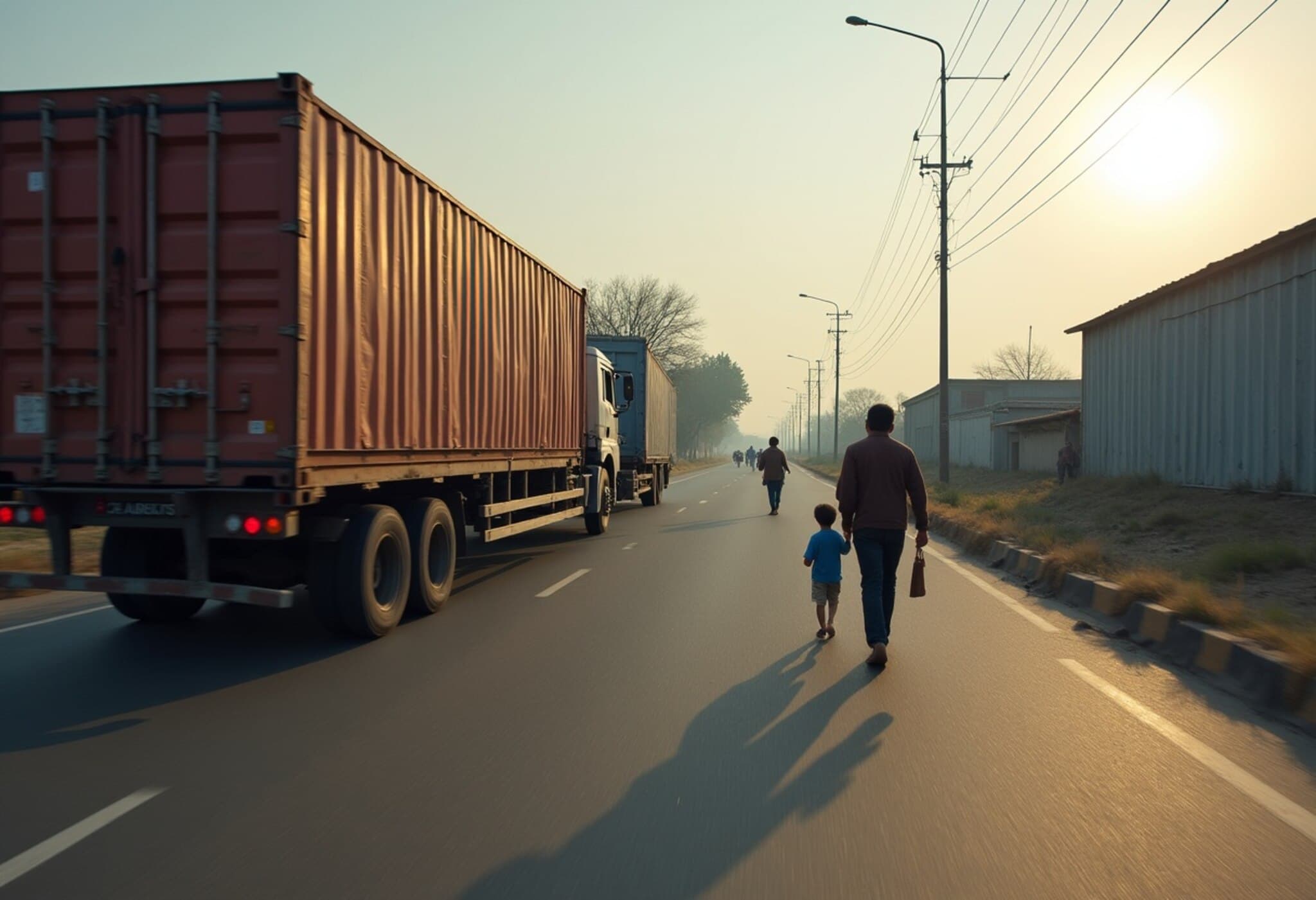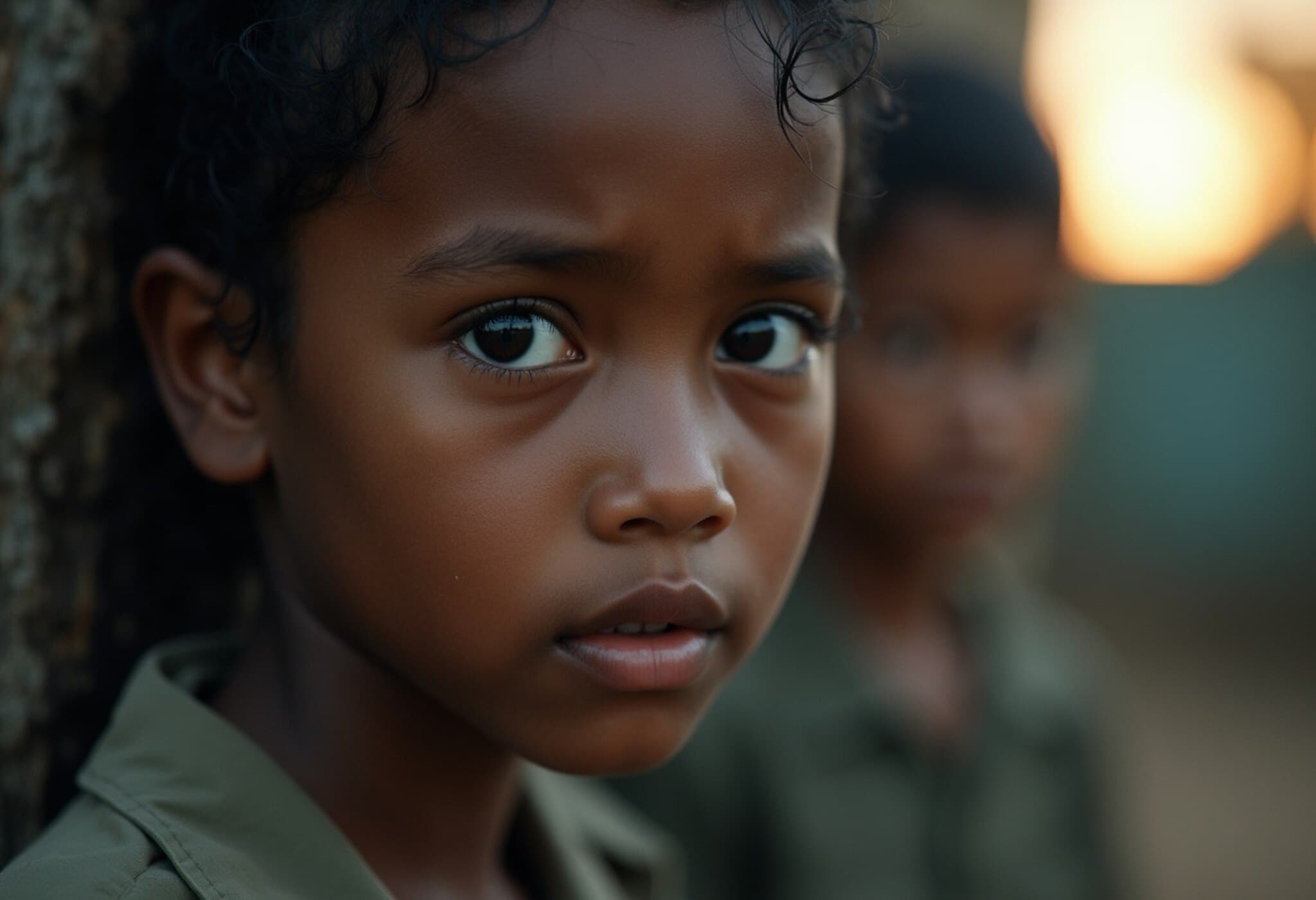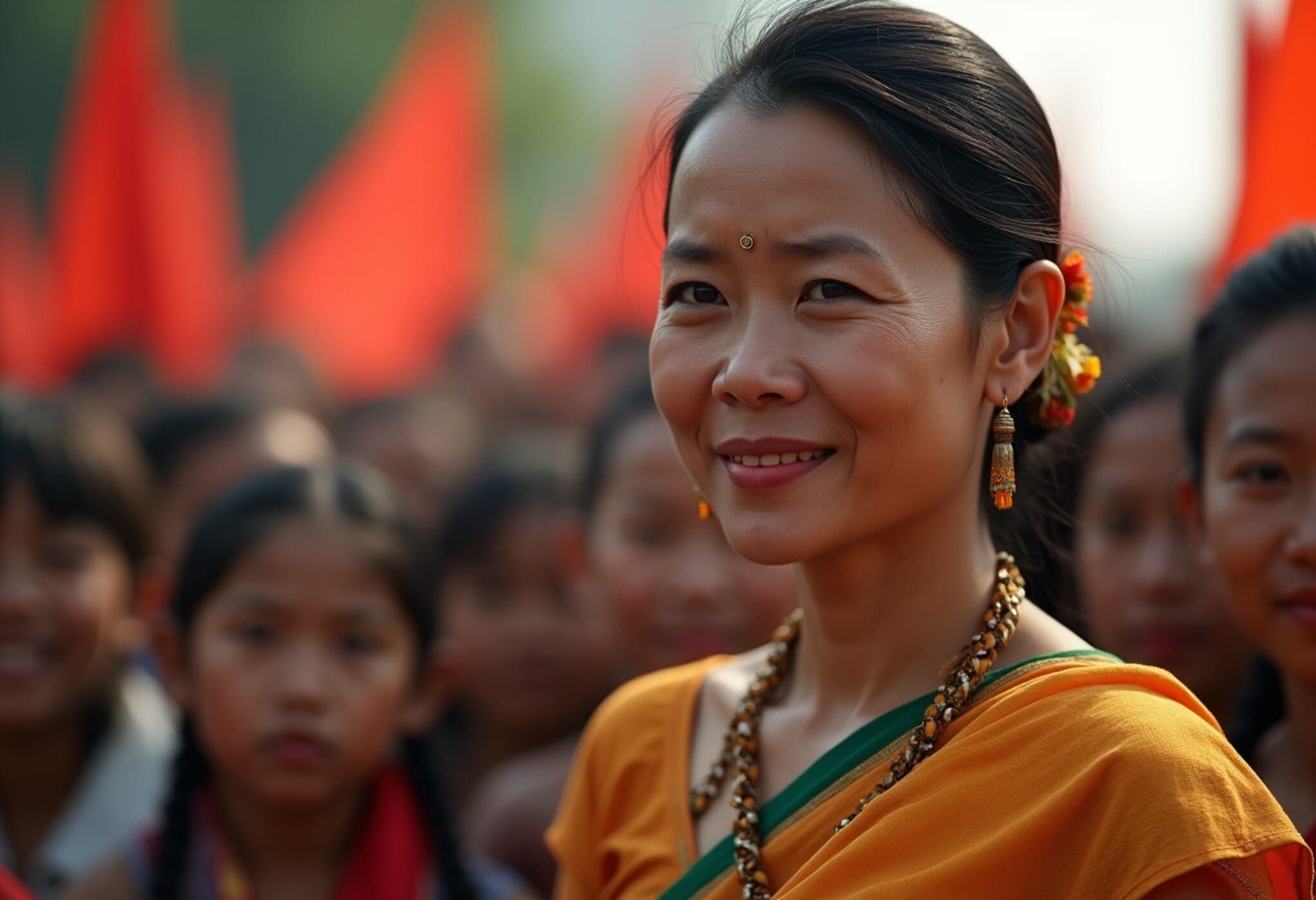Myanmar Sets Stage for December Elections Amid Political Turmoil
After more than four years under emergency rule following the 2021 military coup, Myanmar’s junta has officially lifted the state of emergency, signaling its intention to hold national elections this December. This announcement, delivered by military chief and de facto leader Min Aung Hlaing, positions the country at a critical juncture — attempting to transition toward a semblance of democratic process while facing widespread skepticism and resistance.
Military Junta Maintains Grip on Power
Despite the formal end to emergency laws, Min Aung Hlaing, who seized control in February 2021, will remain both interim president and commander-in-chief of Myanmar’s armed forces during the election process. The junta has also established an 11-member election commission headed by Min Aung Hlaing himself, according to Myanmar’s state broadcaster MRTV.
In a statement quoted by Reuters and The Guardian, junta spokesperson Zaw Min Tun emphasized, "The state of emergency is abolished today in order for the country to hold elections on the path to a multiparty democracy." However, this path remains deeply contested.
Opposition and International Voices Decry the Election as a Sham
Pro-democracy leaders and groups ousted since the coup have vowed to boycott the December vote, branding it a tool to legitimize ongoing military rule rather than a genuine exercise in democratic governance. A United Nations expert recently labeled the planned elections "a fraud."
Experts and analysts, including those cited by The Guardian, anticipate that Min Aung Hlaing will leverage the election to solidify his authority, potentially retaining power beyond the ballot box as either president or military chief. In a speech from Naypyidaw, Min Aung Hlaing described the electoral milestone as "the second chapter" of his regime’s agenda, vowing to facilitate voting for all eligible citizens despite unresolved security and political challenges.
Yet, concerns loom large given last year’s census revealed nearly 19 million people were excluded due to ongoing conflict and security restrictions, casting serious doubts on the voter inclusivity and legitimacy of the upcoming elections.
Regional Reactions: China’s Supportive Stance
China, a key neighbor and regional power, has welcomed Myanmar’s decision to end the emergency status, emphasizing the importance of resolving political differences peacefully. At a Beijing press briefing, Chinese Foreign Ministry spokesperson Guo Jiakun stated China’s readiness to promote peaceful dialogue in line with Myanmar’s diverse stakeholders’ needs.
China also expressed appreciation for constitutional and legal frameworks adopted to manage differences politically, signaling continued diplomatic support despite ongoing unrest in the country.
Conflict, Crackdowns, and a Fraught Future
Since the military coup ousted Aung San Suu Kyi’s civilian government, Myanmar has experienced severe unrest—including armed resistance from pro-democracy militias and ethnic insurgent groups. The conflict has caused thousands of deaths and the displacement of countless civilians.
In a bid to suppress opposition ahead of the December polls, the military regime has imposed harsh restrictions, including prison sentences of up to 10 years for speech or protests deemed disruptive to the election process. Additionally, the junta has introduced incentives encouraging insurgent fighters to surrender, reflecting the lengths they will go to secure stability before elections.
What Lies Ahead?
- Election legitimacy: With significant portions of the population excluded and opposition boycotts poised, questions around the credibility of the December elections remain central.
- Regional stability: Neighboring states and global powers will watch closely, balancing diplomatic relations with concerns over humanitarian and democratic setbacks.
- Human rights considerations: The junta’s crackdown on dissent and freedom of expression continues to prompt international condemnation.
Editor’s Note
Myanmar’s planned elections represent a paradox—an effort to restore formal democratic institutions under the shadow of continued military dominance. For observers and policymakers, this moment raises critical questions: Can elections under a junta deliver genuine political progress? What role should the international community play in supporting Myanmar’s fragile peace while safeguarding human rights? And will the voices of millions of excluded citizens ever find representation? These pressing issues call for vigilant scrutiny as Myanmar embarks on its uncertain electoral journey.
By synthesizing insights from Reuters, The Guardian, and expert analyses, this article brings you nuanced coverage of Myanmar's evolving political landscape.

